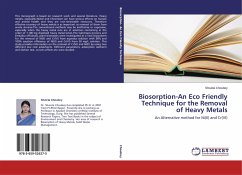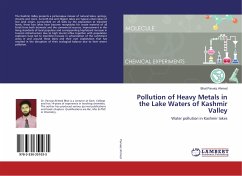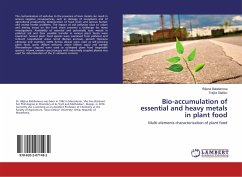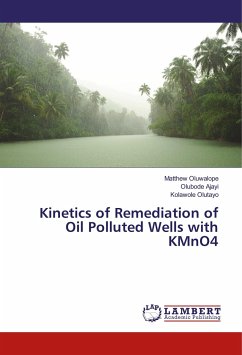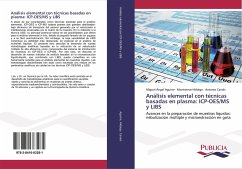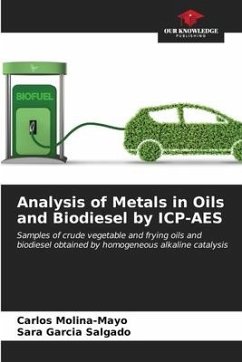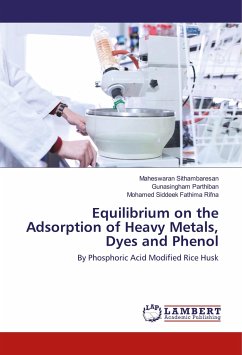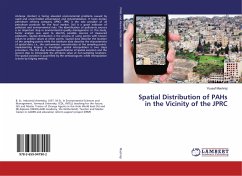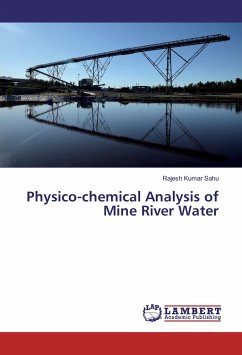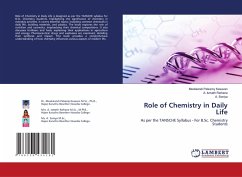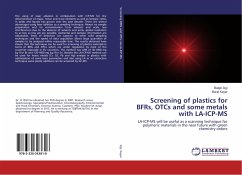
Screening of plastics for BFRs, OTCs and some metals with LA-ICP-MS
LA-ICP-MS will be useful as a scanning technique for polymeric materials in the near future with green chemistry orders
Versandkostenfrei!
Versandfertig in 6-10 Tagen
22,99 €
inkl. MwSt.

PAYBACK Punkte
11 °P sammeln!
The using of laser ablation in combination with ICP-MS for the determination of major, minor and trace elements as well as isotopic ratios in solids and liquids has grown over the past decade. There are several advantages using laser ablation as a sampling technique: Almost no sample preparation and no contamination from solvents and acids, less interference's due to the absence of solvents and acids, spatial resolution to as low as few µm are possible, elemental and isotopic information are obtainable, limits of detection are superior to other solid sampling techniques and the speed of data ...
The using of laser ablation in combination with ICP-MS for the determination of major, minor and trace elements as well as isotopic ratios in solids and liquids has grown over the past decade. There are several advantages using laser ablation as a sampling technique: Almost no sample preparation and no contamination from solvents and acids, less interference's due to the absence of solvents and acids, spatial resolution to as low as few µm are possible, elemental and isotopic information are obtainable, limits of detection are superior to other solid sampling techniques and the speed of data acquisition allows large quantities of samples to be analyzed within reasonable time. The results obtained have shown that this technique can be used for screening of plastics materials in terms of BFRs and OTCs which are under regulation by most of the countries especially in EU countries. The method has LWR of 30-1000 mg kg-1for Br and 120-1600 mg kg-1for Sn. Besides the LA-ICP-MS method can be used for heavy metals (Cr, Cd, Pb and Hg) analysis in plastics with optimization of some laser parameters and also using LA as an extraction technique some plastic additives can be screened by GC-MS.



